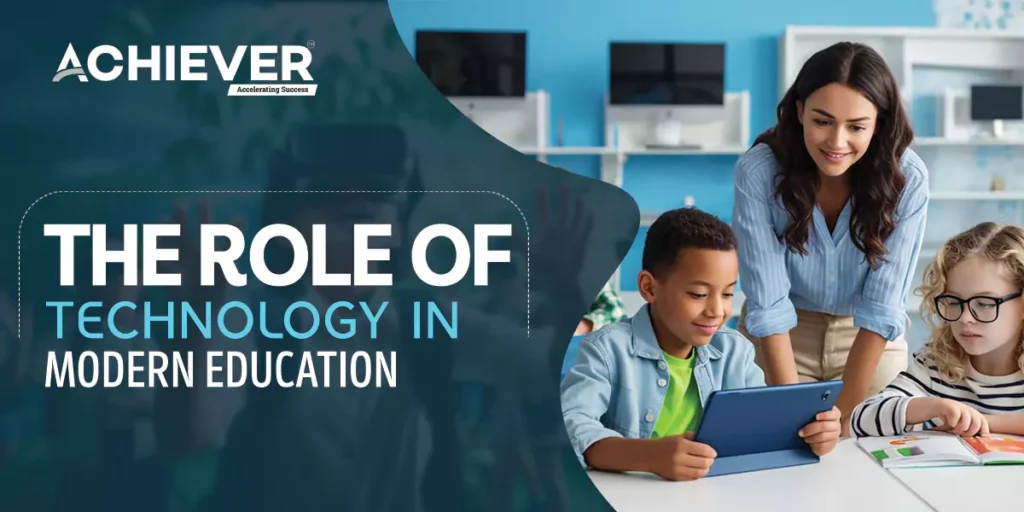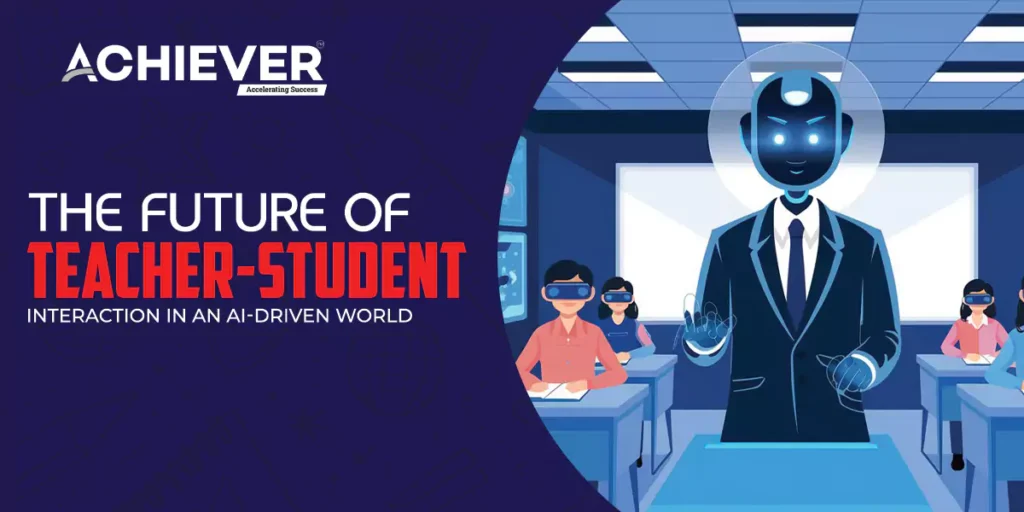The advent of online learning platforms has revolutionized the education sector. Traditional classrooms, once considered the sole environment for learning, are now being supplemented and, in some cases, replaced by virtual classrooms. With advancements in technology and increasing access to the internet, online learning platforms are transforming how education is delivered, accessed, and experienced. These platforms offer flexibility, personalized learning experiences, and opportunities for global collaboration, fundamentally altering the traditional education model.
Flexibility and Accessibility
One of the most significant transformations brought by online learning platforms is the flexibility they offer. Unlike traditional classrooms bound by schedules and locations, online platforms provide learners with the opportunity to study at their own pace and convenience. This flexibility allows students to manage their time more effectively, particularly for those balancing education with work, family, or other responsibilities.
Additionally, online platforms have expanded access to education on a global scale. Previously, geographical barriers prevented many individuals from attending prestigious institutions or receiving high-quality education. Today, learners from remote or underserved regions can access top-tier courses and programs from renowned universities and institutions. This democratization of education is breaking down long-standing barriers, allowing people from different backgrounds to pursue knowledge and skills that were once out of reach.
Personalized Learning Experiences
Online learning platforms are also transforming education by offering personalized learning experiences. In traditional classrooms, teachers often face the challenge of catering to a diverse group of students with varying learning styles and abilities. Online platforms, however, leverage advanced algorithms and artificial intelligence (AI) to customize learning pathways for each student.
These platforms can assess a learner’s progress, strengths, and weaknesses, then adjust the content and pace accordingly. This level of personalization helps ensure that students are neither left behind nor held back, as they can proceed at a pace that suits their individual needs. The personalized approach enhances student engagement, motivation, and ultimately leads to better learning outcomes.
Furthermore, AI-driven learning platforms can provide instant feedback on assignments and assessments, enabling students to identify areas for improvement in real time. This immediate feedback loop is crucial for reinforcing learning concepts and ensuring that students grasp the material effectively.
Expanding the Scope of Collaborative Learning
Another way online platforms are transforming education is by expanding opportunities for collaborative learning. Traditionally, classroom discussions were limited to a group of students within a single location. Online platforms, however, offer forums, discussion boards, and group projects that connect students from around the world. These virtual interactions enable students to collaborate on assignments, share diverse perspectives, and gain a global understanding of various subjects.
For instance, students enrolled in a course on global economics can collaborate with peers from different countries, gaining firsthand insights into how economic policies impact various regions. Such experiences foster cross-cultural communication, a vital skill in today’s interconnected world.
Online learning platforms also allow for seamless collaboration with instructors. Virtual office hours, live Q&A sessions, and real-time messaging tools give students direct access to their teachers, providing opportunities for clarification, mentorship, and personalized guidance.
Redefining the Role of Teachers
As online learning platforms become more widespread, the role of teachers is also evolving. In a traditional classroom, teachers are often the primary source of knowledge and instruction. However, with the vast array of educational resources available online, teachers are shifting from being content providers to facilitators of learning.
In this new role, teachers guide students in navigating the wealth of online content, helping them develop critical thinking skills and apply their knowledge effectively. Teachers also serve as mentors, offering support and encouragement to students who may struggle with self-discipline or motivation in an online learning environment.
Moreover, online learning platforms allow teachers to leverage data analytics to track student progress and identify those who may need additional support. With access to real-time data, teachers can intervene early, providing personalized feedback and guidance to help students stay on track.
Cost-Effectiveness and Affordability
The financial aspect of online learning is another factor driving its transformation of education. Traditional education, particularly higher education, can be expensive due to tuition fees, transportation costs, accommodation, and other expenses. Online learning platforms, however, offer a more affordable alternative, as they typically require fewer resources to deliver education.
Many online platforms provide free or low-cost courses, making education more accessible to a broader audience. Additionally, students save money on commuting and housing costs, making it easier for individuals from low-income backgrounds to pursue their academic goals. The cost-effectiveness of online learning is particularly beneficial for those seeking professional development or acquiring new skills without the financial burden of traditional schooling.
Lifelong Learning and Skill Development
The flexibility and accessibility of online platforms have also paved the way for the rise of lifelong learning. In today’s fast-paced, ever-changing world, individuals need to continually update their skills to remain competitive in the job market. Online platforms offer a vast array of courses, from technical skills like coding and data analysis to soft skills like leadership and communication, catering to learners of all ages and professions.
This shift toward lifelong learning has transformed the way people approach education. Instead of viewing learning as something that ends with formal schooling, individuals now see education as an ongoing process that can happen anytime, anywhere.
Conclusion
Online learning platforms are reshaping the future of education. By offering flexibility, personalized learning experiences, and opportunities for collaboration, they are making education more accessible, affordable, and engaging. As these platforms continue to evolve, they will play an increasingly important role in the global education landscape, ensuring that learners have the tools and opportunities to succeed in an ever-changing world. The integration of technology in education not only enhances learning outcomes but also empowers individuals to take charge of their education in ways that were previously unimaginable.




